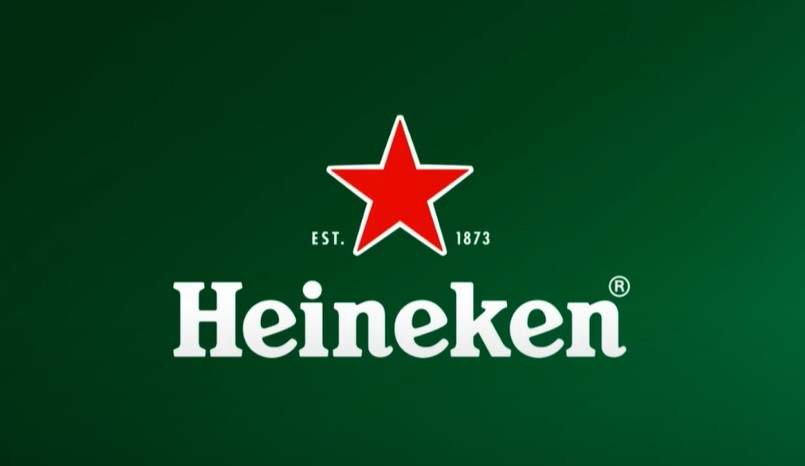Heineken Nutrition Facts
Heineken nutrition facts are not just about numbers on a label; they're a passport to understanding the health journey your favorite pint takes you on. Are you ready to explore these facts in a way that challenges your assumptions with revelations that will have you clinging to every word until the end?
When it comes to iconic beer, Heineken undoubtedly holds a prominent place on the global stage. Founded in Amsterdam in 1864, Heineken has brewed a reputation for quality and consistency, enjoyed by beer enthusiasts worldwide. But have you ever considered what exactly goes into your bottle of Heineken? This article will delve into the fascinating world of Heineken nutrition facts, uncovering the details behind this world-renowned lager. Whether you’re a casual drinker or a health-conscious individual, understanding the nutritional content of your favorite beer can help you make informed choices. Let’s explore the key nutritional components of Heineken, including calories, carbohydrates, protein, fat, and more.

Calories in Heineken
A standard serving of Heineken, which is 330ml (equivalent to a bottle), contains approximately 150 calories. This calorie content is primarily derived from the alcohol content and the carbohydrates present in the beer.
Alcohol Content
Heineken is a moderately alcoholic beer with an alcohol by volume (ABV) of 5%. This percentage is on par with many other popular lagers and is responsible for a significant portion of the calorie content in the beer.
Carbohydrate Content
A standard serving of Heineken contains about 11 grams of carbohydrates. The majority of these carbohydrates come from the malted grains used in brewing, which include sugars that are not fully fermented into alcohol.
Protein and Fat Content
Heineken contains a small amount of protein—around 1.5 grams per 330ml serving. Interestingly, it contains almost no fat, which is a common characteristic of beers, making them low in fat and relatively high in protein for an alcoholic beverage.
Sodium Content
A standard serving of Heineken contains about 7 milligrams of sodium. This is a minimal amount and does not significantly impact your daily sodium intake.
Heineken Zero: An Alcohol-Free Alternative
For those looking for a non-alcoholic option, Heineken offers Heineken Zero, which has similar nutritional content but without the alcohol. It’s a great choice for those who want to enjoy the taste of Heineken without the effects of alcohol.
Summary Table of Heineken Nutrition Facts
| Nutrient | Amount per 330ml Serving |
|---|---|
| Calories | 150 |
| Alcohol | 5% ABV |
| Carbohydrates | 11 g |
| Protein | 1.5 g |
| Fat | 0 g |
| Sodium | 7 mg |

Frequently Asked Questions
What is the calorie content of Heineken Light?
Heineken Light contains fewer calories than regular Heineken, with about 90 calories per 330ml serving. This makes it a lower-calorie alternative for those watching their calorie intake.
Is Heineken gluten-free?
No, Heineken is not gluten-free. It is made from barley, which contains gluten. However, there are gluten-free beer options available on the market for those with gluten sensitivities.
How does Heineken compare to other beers in terms of nutrition?
Heineken’s nutritional content is similar to many other standard lagers. It contains moderate calories and carbohydrates, with minimal fat and protein. Its alcohol content is also on par with other popular beers.

Read also: Wild Wing Cafe Menu With Prices





